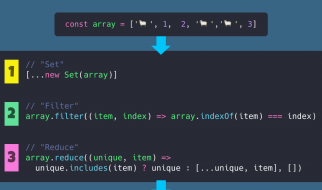As with many things I have rolling around in my head about screenwriting, I don?t know the exact origin of this idea. There?s a good chance I came up with it myself.I operate under the assumption there are three levels of characters in a script: Primary, Secondary, Tertiary.
Primary: The main characters.Secondary: Recurring characters who are of lesser importance.Tertiary: Characters who appear in one, perhaps two scenes for a specific, limited purpose.
This delineation of roles correlates to character names (how they are referred to in scene description and when heading each side of their dialogue):
Primary: First name.Secondary: Last name.Tertiary: Generic title (e.g., Bodyguard #1, Fat Man, Crazed Onlooker).
Since Primary characters appear in a majority of scenes in a script and one of your goals is to create at least some sort of emotional connection between them and your reader, the default mode is to assign first names to them, one small way to engender a sense of intimacy.
Caveat: This does not pertain to characters who the writer wants to give an air of authority. For example Nemesis characters. Which seems more daunting: POTTER or HENRY? GRUBER or HANS? VADER or DARTH? Or action heroes. Which is larger than life: JOHN or RAMBO? MARTIN or RIGGS? JAMES or BOND?
As a way of helping a reader distinguish Primary and Secondary characters, I use last names for the latter. If I don?t need to establish a significant level of intimacy with a character who will only be around for a few scenes or a minor subplot, why waste a first name on them?
And then there are Tertiary characters. Playing important but bit parts in our scripts, how best to honor them? Well, instead of COP #1, why not BURLY COP? HOOKER #3, how about SPANDEX HOOKER? In lieu of the generic CROWD MEMBER, maybe OBNOXIOUS HECKLER. Those descriptors also make for a more colorful, memorable read.
That?s my modus operandi. Not etched in stone anywhere. And as I say, I have no idea where it came from. But it provides a consistent way of handling character names.
Final point: No matter if your character is Primary, Secondary, or Tertiary, they have to be authentic. If you treat even a Tertiary character as a placard or a stereotype, you lose respect as a writer in my view. Every character, no matter how small their role, deserves your loving attention. They exist within your story universe just like your Protagonist, they just happen to bump into your plot much less. That doesn?t diminish the fact they have their own life-experience and world view.
A script with well-defined and distinctive Secondary and Tertiary characters suggests a writer who really cares about their story.Comment Archive

